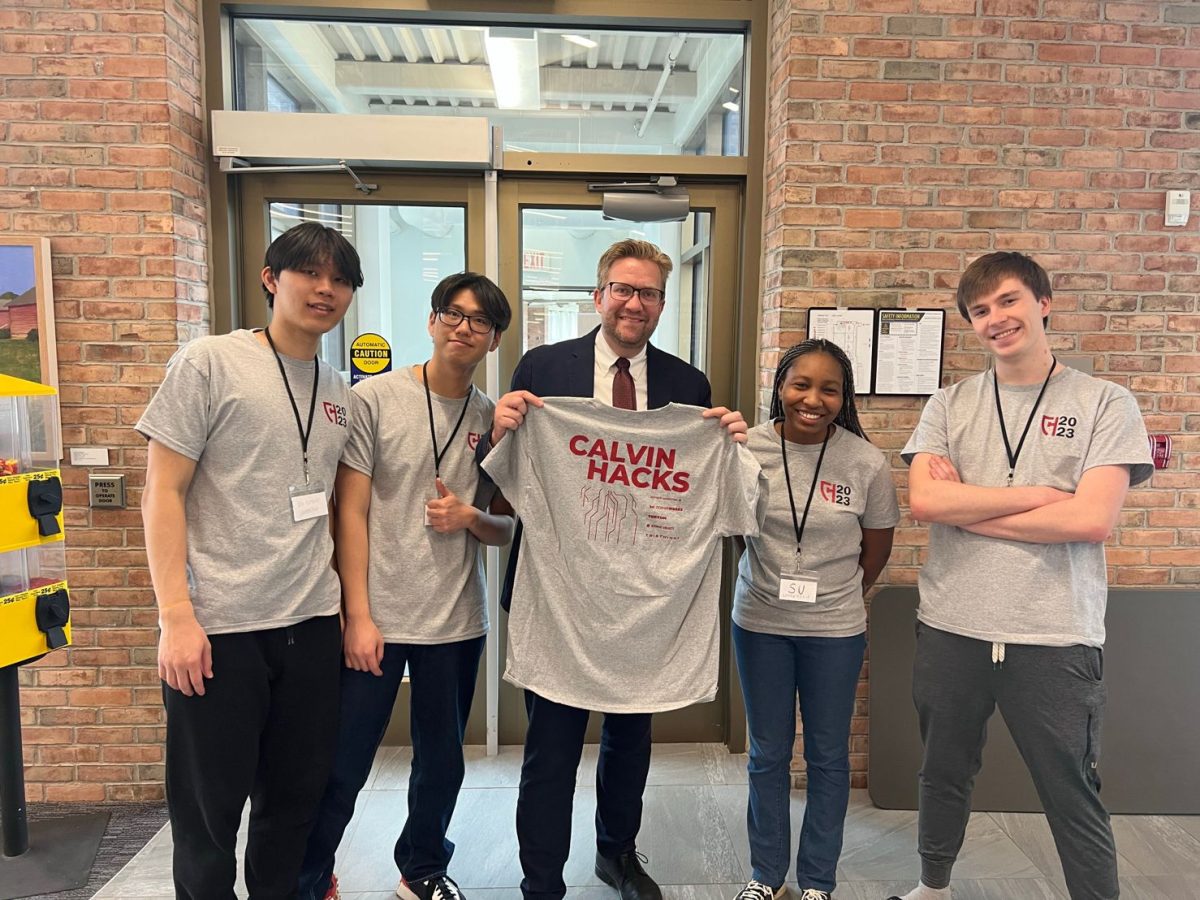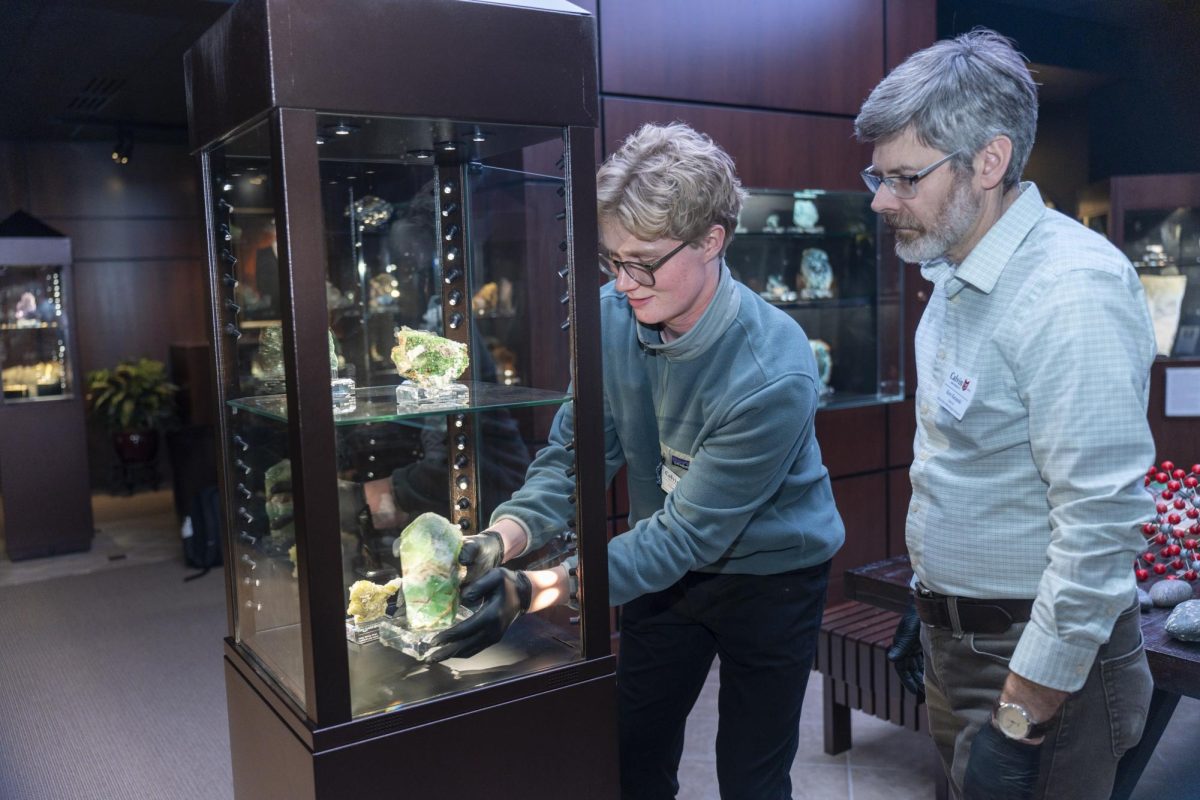Raymond Kurzweil, chief of engineering at Google, is hopeful that humans will have pushed back human mortality before he grows much older.
Kurzweil, a longtime proponent of futurism and transhumanism (philosophies that predict a coming future where technology will allow human beings to revolutionize themselves physically and/or intellectually), thinks that humanity is on the brink of a series of “bridges” that would expand the limits of human life.
The first bridge, for Kurzweil, is large quantities of biomedical supplements. He personally takes about 150 supplements per day, he said in an interview with Canadian magazine Maclean’s, and he’s confident that they’re working.
“I test myself on a regular basis, and it’s working. All my measurements are in ideal range. … I come out younger on biological aging tests. So far, so good.”
But these supplements are only a first step for Kurzweil, a way to prolong life until technology advances sufficiently. The first technology advance Kurzweil sees happening is biotechnology, his second bridge.
“We’re treating biology, and by extension health and medicine, as an information technology, [and] information technology progresses exponentially, not linearly.”
The goal of this bridge is to be able to reprogram human biology to reflect the modern world, rather than the past environments in which humans evolved, and it’s a goal that Kurzweil thinks is already underway.
He mentions research done at the Joslin Diabetes Center, which modified genes for insulin reception in rats so that rats would no longer store anywhere near as much fat. He suggests that this procedure could be replicated in humans, upgrading our biology to reflect a world where storing fat is detrimental rather than critical for survival.
His final bridge, however, is applying nanotechnology directly to the human body.
“We can create an immune system that recognizes all disease, and if a new disease emerged, it could be reprogrammed to deal with new pathogens.”
Kurzweil was hired by Google to a full-time position in December 2012 to work on natural language understanding in artificial intelligence for the company.
“We want to actually read for meaning … so we can read the web and read book pages and do a better job of search and answering questions. Basically we will be able to handle semantically richer questions and search queries.”
Kurzweil recognizes that immortality, strictly speaking, isn’t possible, or even the overall goal.
“People say, ‘I don’t want to live like a typical 95-year-old for hundreds of years.’ But the goal is not just to extend life. The goal is to stay healthy and vital, and not only to have life extension, but life expansion.”






